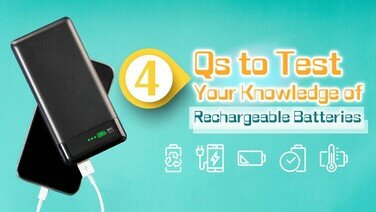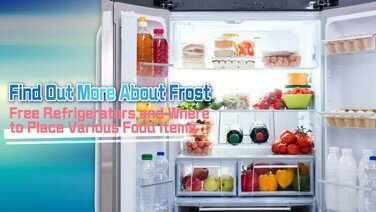What are the “more sustainable” choices in Hong Kong?
In recent years, there are a number of new developments in Hong Kong on sustainable consumption, such as waste reduction at source initiatives (e.g., zero-waste store) and recycling initiatives (e.g., garment to garment recycling system, Tetra Pak recycling facility), etc.
1 Zero-waste store in Hong Kong The first zero-waste store was opened in 2018 in Sai Ying Pun and more stores joined to provide no-packaging products in order to minimize the use of packaging materials. Packaging materials, despite having a short shelf life (of a few minutes to a few days), constitute a major part of municipal solid waste.
| ||
2 The world's first garment to garment recycling system The Hong Kong Research Institute of Textiles and Apparel (HKRITA), in cooperation with garment manufacturers and international apparel brands, developed and launched the world’s first garment to garment recycling system (G2G) in Hong Kong in December 2018. The G2G system can perform a series of processes including: cutting fabric into smaller pieces, opening and mixing fibre, carding, spinning and garment knitting. It takes as little as 4 hours to turn an old garment into a new piece and has showcased the textile and garment industry’s ability to achieving sustainable development.
| ||
3 Drink cartons can now be recycled! The main recyclable materials in Hong Kong include paper, metal, plastic and glass. As compound materials are difficult to recycle, items such as drink cartons which are typically made from layers of paper, polyethylene and aluminum, have a recycling rate close to zero and generate a large amount of waste. In view of this, one beverage manufacturer in Hong Kong launched a new recycling scheme and a recycling facility in 2019 to promote sustainable development of the industry, with dozens of smart recycling systems installed in various locations throughout the territory. | ||
4 Various ecolabelling programs In order to help consumers in finding sustainable products, a number of non-government organisations (NGOs) in Hong Kong have put in place various ecolabelling and certification programs to attest the environmental standards across a wide range of products, from household cleaning products to building materials. | ||
Hong Kong Green Label Scheme | CIC Green Product Certification – HK G-Pass | HKQAA Hong Kong Registration-Eco-Friendly Series |
Sustainable consumption can be “Strong” or “Weak”
“Weak Sustainable Consumption” refers to actions arising from individuals’ own needs or choices to conserve and reduce waste. For example, one will switch off the lights when leaving a room, or select a more energy-efficient model when purchasing a new electrical product. These actions can save money and also are eco-friendly. They are relatively easy to follow as consumers do not need to make drastic changes to their original consumption behaviour. However, “Weak Sustainable Consumption” alone is not enough to support the sustainable development of our society. Therefore, it is necessary to promote “Strong Sustainable Consumption”.
"Strong Sustainable Consumption" must take into account matters such as "product life cycle" and the long-term impact of the purchased product on the ecological environment and society. For example, before making a purchase decision one will consider matters such as power consumption of the product during its production process, labour rights of the workers, impact on the ecological environment of endangered species, possibilities of causing water and air pollution, disposal and recycling options, and corporate social responsibility measures of the manufacturers and retailers, etc.
How to promote sustainable consumption? — Let’s learn from our foreign friends!
Using economic incentives to encourage the consumption of sustainable products: Some foreign governments have launched cash reward programs. For example, the South Korean Government launched the "Green Credit Card Scheme" in 2011. Cardholders are rewarded with points when they use public transportation, buy eco-friendly products, or implement water-saving or energy-saving measures at home and the points accumulated can then be used to purchase eco-friendly products or services.
Certification / accreditation programs operated by a government agency or a credible third-party organisation can increase the transparency of product information: It is not easy for consumers to obtain information on the sustainability aspect of a product. There are a number of voluntary ecolabelling schemes in the world, such as “EU Ecolabel” by the European Union, which allow consumers to identify products that meet high environmental standards. Besides, the "Seafood Guide" launched by the World Wide Fund for Nature (WWF), which uses simple and easy-to-understand guidelines to assist consumers in choosing sustainable seafood.
A user-friendly platform can facilitate consumers in accessing information about sustainable products: There are different types of claims and labels relating to sustainable products on the market. Consumers need to have sufficient knowledge or invest enough time to understand the certification process and regulatory system behind these ecolabels and determine whether the products actually meet their needs. Therefore, an easy-to-browse platform can save consumers time while promoting sustainable consumption behaviour.
Sending gifts this festive season can be more eco-friendly by simply saying "No need to wrap, thank you!"
We also want to remind everyone to consume smartly! As the festive season approaches, when consumers buy chocolates or candies as gifts, they should opt for those in ordinary packaging. Gift boxes are often over-packaged, and therefore are also more expensive when compared with ordinary packaging.
After reading the above information, why not take a quiz?! You can find in “Quiz for the Eco Consumption Guru”, CHOICE Magazine, Issue 521 (Chinese version only) a list of questions on your consumption patten relating to clothing, dining, living and commuting. Let’s find out if you are a “Basic” or an “Advanced” level eco consumption guru!


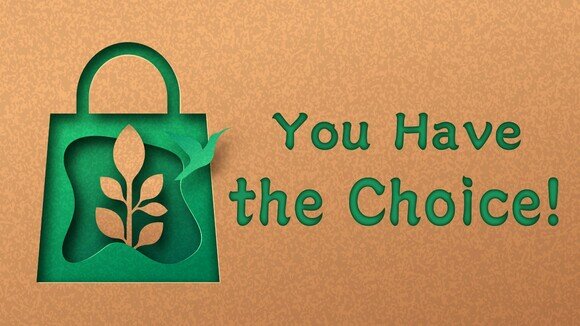

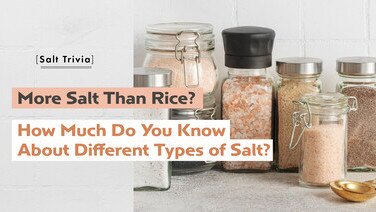
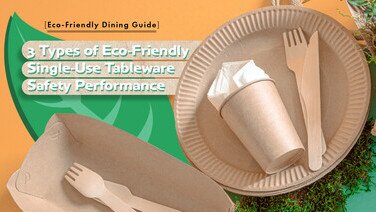
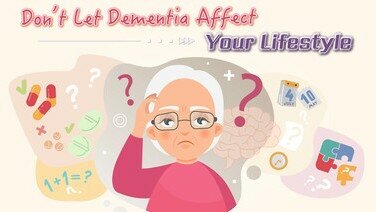
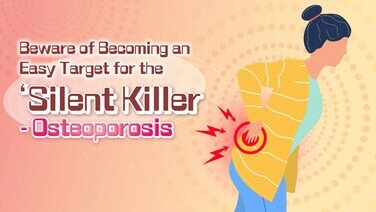
![[Handwashing Cold Knowledge] Debunking 4 common handwashing myths](/f/guide_detail/409326/376c212/43_4%E5%80%8B%E6%B4%97%E6%89%8B%E5%B8%B8%E8%A6%8B%E8%BF%B7%E6%80%9D_Eng.jpg)
